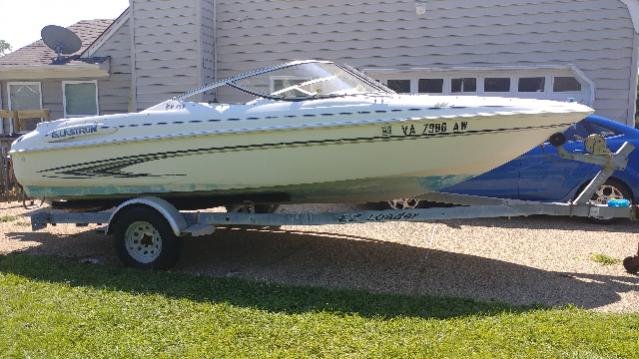Ski in NC
Technical Guru
I have personally put out a major fire in a diesel engine room. Caused by an oil leak and a hot dry turbo. Also have participated in the investigation of a few diesel/turbo/fuel or oil based engine room fires.
Also have been in an engine room where an engine at full power ingested oil, ran away, blew the turbo and but for pure luck did not catch the engine room on fire. Oil sprayed on lagging and caught fire, but fire did not spread. Smoke in engine room and salon prevented us from fighting fire. Told cap'n to put it on the beach, but fire reduced before we got there, smoke reduced and I was able to get in there with a fire X. Engine was blown.
And then we just had that classic Rybovich SF burn up and sink off Marathon.
So yes, diesels are not immune to fire risk. Maybe more fire risk than gassers due to turbos, especially dry turbos. Fortunately not so many dry turbos now, but there still are some being produced and some still in the fleet.
Diesel sprayed on hot metal will actually ignite at a lower temp than gasoline. And lube oil even lower temp than diesel.
The two things diesel won't do is vapor explosions and have high CO poisoning risk.
Also have been in an engine room where an engine at full power ingested oil, ran away, blew the turbo and but for pure luck did not catch the engine room on fire. Oil sprayed on lagging and caught fire, but fire did not spread. Smoke in engine room and salon prevented us from fighting fire. Told cap'n to put it on the beach, but fire reduced before we got there, smoke reduced and I was able to get in there with a fire X. Engine was blown.
And then we just had that classic Rybovich SF burn up and sink off Marathon.
So yes, diesels are not immune to fire risk. Maybe more fire risk than gassers due to turbos, especially dry turbos. Fortunately not so many dry turbos now, but there still are some being produced and some still in the fleet.
Diesel sprayed on hot metal will actually ignite at a lower temp than gasoline. And lube oil even lower temp than diesel.
The two things diesel won't do is vapor explosions and have high CO poisoning risk.


 Yep, that's the proper way to use 'em.
Yep, that's the proper way to use 'em.
